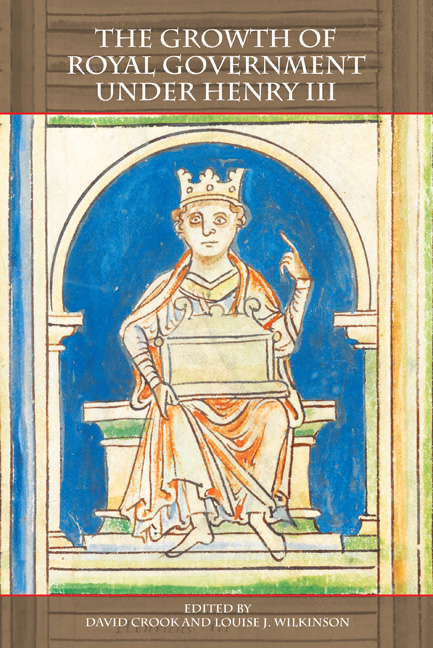11 - Royal Government and Administration in Post-Evesham England, 1265–70
Published online by Cambridge University Press: 13 April 2021
Summary
On 4 August 1265, the Lord Edward's forces defeated Simon de Montfort's rebel army at Evesham. This decisive battle marked the culmination of more than seven years of constitutional turmoil as the king, Henry III, struggled with his baronage for control over England's government. The revolution of April 1258 had seen a small cabal seize power and institute an ambitious programme of legislative and administrative reform. Henry eventually overthrew the baronial regime in 1261, but there followed more than two years of political manoeuvre as the balance of power shifted between the two sides. Only force could break the deadlock, and it was Montfort who initially emerged the victor from the ensuing civil war. Having captured the king at Lewes in May 1264, he became the realm's de facto ruler and his regime instituted some of the most radical reforms ever attempted in medieval English history. Montfort's own arrogance and self-interest alienated many sympathisers, however, paving the way for a revival in royalist fortunes that eventually reached a climax at Evesham. Throughout these turbulent years the central administrative departments struggled to adapt to fluctuating political fortunes, but the constant upheaval unleashed forces that gradually weakened their operational efficiency until finally, in the early summer of 1265, they collapsed completely. This chapter will therefore examine the efforts to restore the central administration, undertaken between August 1265 and February 1270, primarily through the experiences of three key branches of government: the Exchequer, the law courts, and the Chancery.
The challenge facing the Crown after Evesham was truly formidable. For more than three months there had been no functioning Exchequer, and the royal finances had been reduced to a parlous state. Considerable debt had been incurred in the process of overthrowing Montfort's regime, and the crown jewels pawned as security for loans. Local royal officials had disbursed substantial sums in the king's cause, many of which had simply gone unrecorded as civil war engulfed the country. Equally confusing was the situation of the Crown's debtors: many individuals owed the king money, but their names and the amounts due were unclear. That the business of auditing accounts, the key Exchequer responsibility, had broken down completely further added to the administrative confusion.
- Type
- Chapter
- Information
- The Growth of Royal Government under Henry III , pp. 179 - 195Publisher: Boydell & BrewerPrint publication year: 2015



